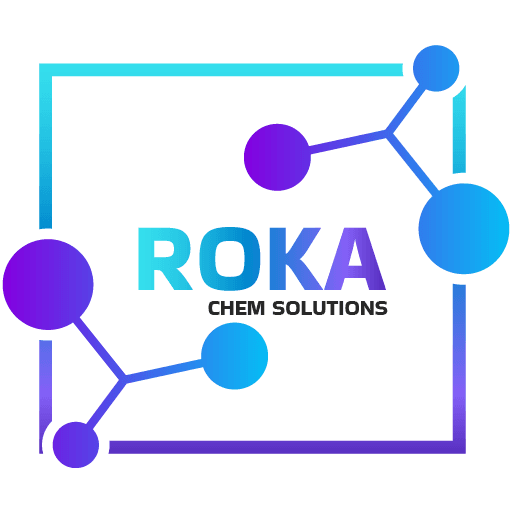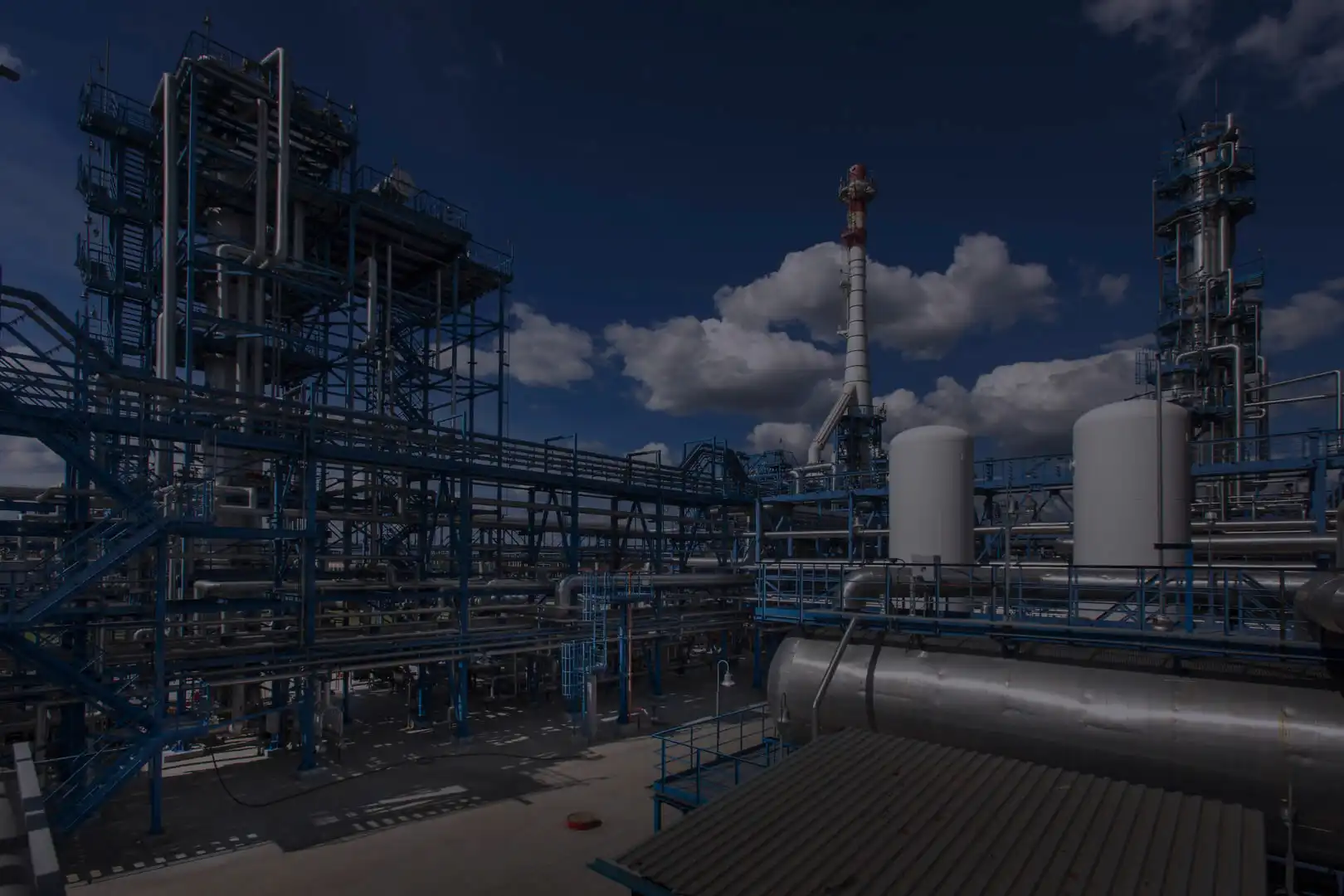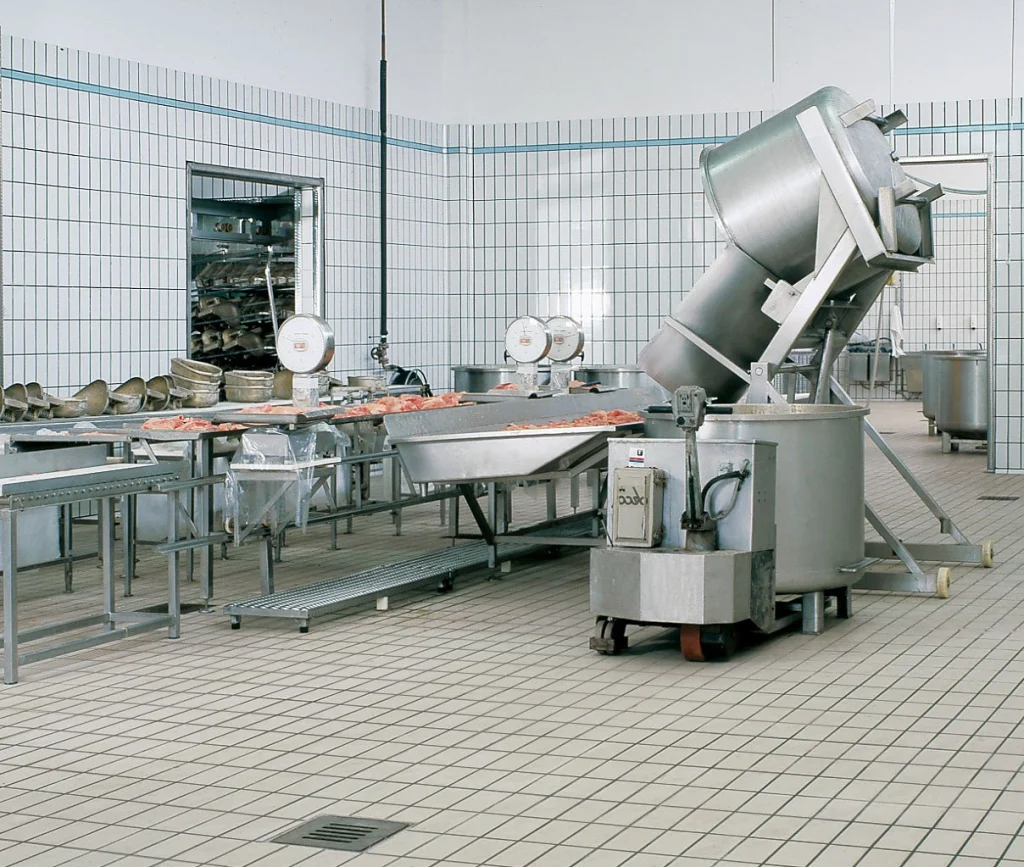In every successful factory, there’s one thing holding everything together, quietly doing its job day after day the floor. It’s walked on, dragged over, spilled on, and cleaned again and again. It handles the mess without complaining. But when it cracks, stains, or starts to give way, the entire workflow suffers.
That’s why factory owners in Pakistan are now turning towards something better, something tougher Alkali And Chemical Resistant Tiles.
What’s Going Wrong with Regular Flooring
Visit a small production unit in any industrial zone Lahore’s Sundar Estate, Korangi in Karachi, or Faisalabad’s textile belt. You’ll often see floor tiles stained with oil, discolored from acids, or chipped from constant traffic. Some even have broken edges that become safety hazards.
That’s the problem with regular tiles. They look fine when new, but they’re just not built for industrial life. A small acid spill here, hot water there, and within a few weeks the tiles start losing their strength. In factories where cleaning is done daily using harsh chemicals, this problem gets worse quickly.
Owners usually spend on repairs, replace a few tiles, or sometimes even redo the entire floor every year. It’s costly, annoying, and completely avoidable.
A Smarter Option for Pakistani Setups
Now, the scene is changing. Factory owners, engineers, and even facility managers have started choosing Alkali And Chemical Resistant Tiles because they’ve realized something simple a strong floor is a smart investment.
These tiles are specially designed for high-risk environments. They don’t absorb chemicals. They resist acids and alkalis. They’re non-slip, even when wet. And most importantly, they don’t crack or react when industrial-grade cleaners are used.
In short, they can handle the exact conditions Pakistani factories operate in. Whether it’s a battery plant in Multan, a soap factory in Gujranwala, or a dairy unit near Hyderabad, these tiles are doing their job without drama.
Real-Life Cases That Speak Volumes
Let’s take examples from the ground.
In Lahore, a pharmaceutical packaging company upgraded their production zone flooring with chemical-resistant tiles last year. The previous ceramic tiles lasted barely nine months before the acid they used started eating through the joints. Now, it’s been over a year since the switch, and not one tile has chipped.
In Sialkot, a surgical tool manufacturer installed these tiles in their sterilization room. The space requires regular disinfection using heavy chemicals. Their old flooring had developed black stains. Since the change, their floor stays bright, clean, and much safer for workers.
These aren’t luxury choices. They’re logical ones. When the work environment includes chemicals, alkali, or moisture, you need tiles that won’t give up.
Features That Actually Matter
You may wonder what makes Alkali And Chemical Resistant Tiles different. It’s not just a name. The real difference is in the body of the tile and the surface finish.
The body is dense, non-porous, and doesn’t allow water or chemicals to seep in. The surface is treated to resist acid reactions. Some tiles also have anti-slip textures that help during wet cleaning or spills.
Another key point is strength. These tiles don’t break under pressure. Forklifts, rolling carts, drums all pass over them without damage.
And while most people assume they’re expensive, they’re actually quite affordable considering they last 5 to 10 times longer than regular tiles.
Installation Done Right
Now, having the right tile is one thing. Getting it installed properly is another.
One mistake many factory owners make is using regular cement and grouting for these tiles. That won’t work here. These tiles require epoxy-based adhesives. The surface needs to be prepared properly, and drainage slopes must be planned in advance.
The joints also need to be filled with material that doesn’t break down from chemical contact.
If you’re serious about results, it’s best to hire professionals. Many suppliers now offer supply plus installation, along with warranties. Some even visit your factory for inspection and guide you on the right thickness and pattern depending on your process.
Where to Buy Them in Pakistan
Today, these tiles are available easily across major industrial cities. In Lahore, you’ll find them at Brandreth Road. Karachi’s timber market has a few good suppliers too. Gujranwala and Sialkot now even have local manufacturers producing tiles that match international standards.
Some suppliers also deal online, offering nationwide delivery with technical documentation. When buying, always ask for:
Acid resistance certificates
Load-bearing test results
Water absorption rating
Slip resistance rating
Don’t compromise on quality just to save a few thousand rupees. Bad flooring ends up costing more.
Clean Look, Clean Mind
One side benefit of using Alkali And Chemical Resistant Tiles is the appearance. These tiles come in solid colors, often grey, red, or beige. They aren’t flashy, but they give a clean, industrial-grade look that impresses clients and ensures hygiene.
In food factories and hospitals, a clean floor is part of the audit. These tiles help maintain that standard easily.
And from a worker’s point of view, the flooring matters. Slippery, broken, or dirty tiles are frustrating. A good floor makes daily operations smooth and keeps staff safer.
Save Now or Regret Later
Every time a factory shuts down for floor repair, it’s losing money. Work stops. Orders delay. Customers complain. The cost is much more than just tiles and labor.
That’s why making the right choice in the beginning matters. By choosing strong, chemical-resistant tiles, you eliminate a long list of future problems.
One factory in Hub (Balochistan) shared that they recovered the tile cost within eight months because they avoided shutdowns and repair calls.
This kind of result doesn’t come from luck. It comes from choosing the right solution for the job.
Final Thoughts
In the past, many factory owners didn’t care much about flooring. It wasn’t seen as important. That mindset is changing fast. More businesses in Pakistan are realizing that strong floors are the base of strong operations.
Alkali And Chemical Resistant Tiles are not a luxury item. They are a practical, smart solution for modern factories. They last long, handle chemicals, reduce accidents, and help keep the workspace clean and professional.
If you are planning a new unit, or renovating an existing one, don’t settle for cheap fixes. Go for the flooring that lasts. Your workers, your machines, and your business will thank you.




